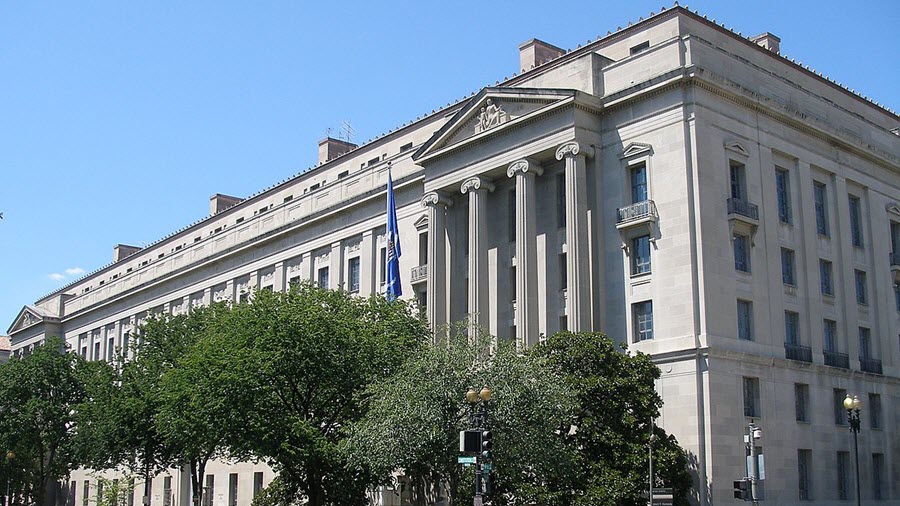Justice: We Want Un-Secret, Front Door to Encrypted Info

The smarter way to stay on top of broadcasting and cable industry. Sign up below
You are now subscribed
Your newsletter sign-up was successful
The Justice Department continues to preach the evils of warrant-proof encryption, or what privacy advocates call more secure devices and platforms. But a top Justice official says the agency has never sought to weaken encryption, and says reports that it wants "secret back doors" is not accurate.
In a speech to the Lawful Access Summit in Washington, according to remarks supplied by Justice, Deputy Attorney General Jeffrey Rosen said that it was warrant-proof encryption creates "lawless spaces" in the digital world that are "impervious to the light of scrutiny by the judicial system."
He said Justice wants a front door, and not even its own key. "Law enforcement wants access through a transparent and publicly acknowledged system, and only once we have secured the authorization of a court," he said, echoing the comments earlier in the day by FBI Director Christopher Wray, who said Facebook's effort to encrypt its messaging app would be a "dream come true for predators and child pornographers."
"And we don’t want the keys to that door. The companies that develop these platforms should keep the keys, maintaining their users’ trust by providing access to content only when a judge has ordered it."
The speech follows reports this week that Attorney General William Barr was signing on to a letter to Facebook opposing end-to-end encryption.
Rosen said the areas remain dark even after a judge orders access to evidence contained in that digital dark place.
Rosen also said outside that digital world, no one would say that grownups "should be permitted to mingle in closed rooms with children they don’t know in order to groom them for sexual exploitation." He cited a case in which two years after a search warrant was obtained for child sexual abuse material on a suspect's computer, because he denied the allegation and the computer's information was encrypted, he said, the man remains at large in legal limbo, neither cleared or charged.
The smarter way to stay on top of broadcasting and cable industry. Sign up below
He said that is one of the real, hard, cases that raise the real, hard, questions that must be confronted.
"Privacy is important. So is cybersecurity, and the integrity of user data. Those are good and necessary things. But there are other important values, like user and public safety, that also need to be considered and factored in," he said. "If we lose sight of that, we fail to honor the victims of these horrible crimes — victims who are often the most vulnerable members of our society."
Contributing editor John Eggerton has been an editor and/or writer on media regulation, legislation and policy for over four decades, including covering the FCC, FTC, Congress, the major media trade associations, and the federal courts. In addition to Multichannel News and Broadcasting + Cable, his work has appeared in Radio World, TV Technology, TV Fax, This Week in Consumer Electronics, Variety and the Encyclopedia Britannica.

